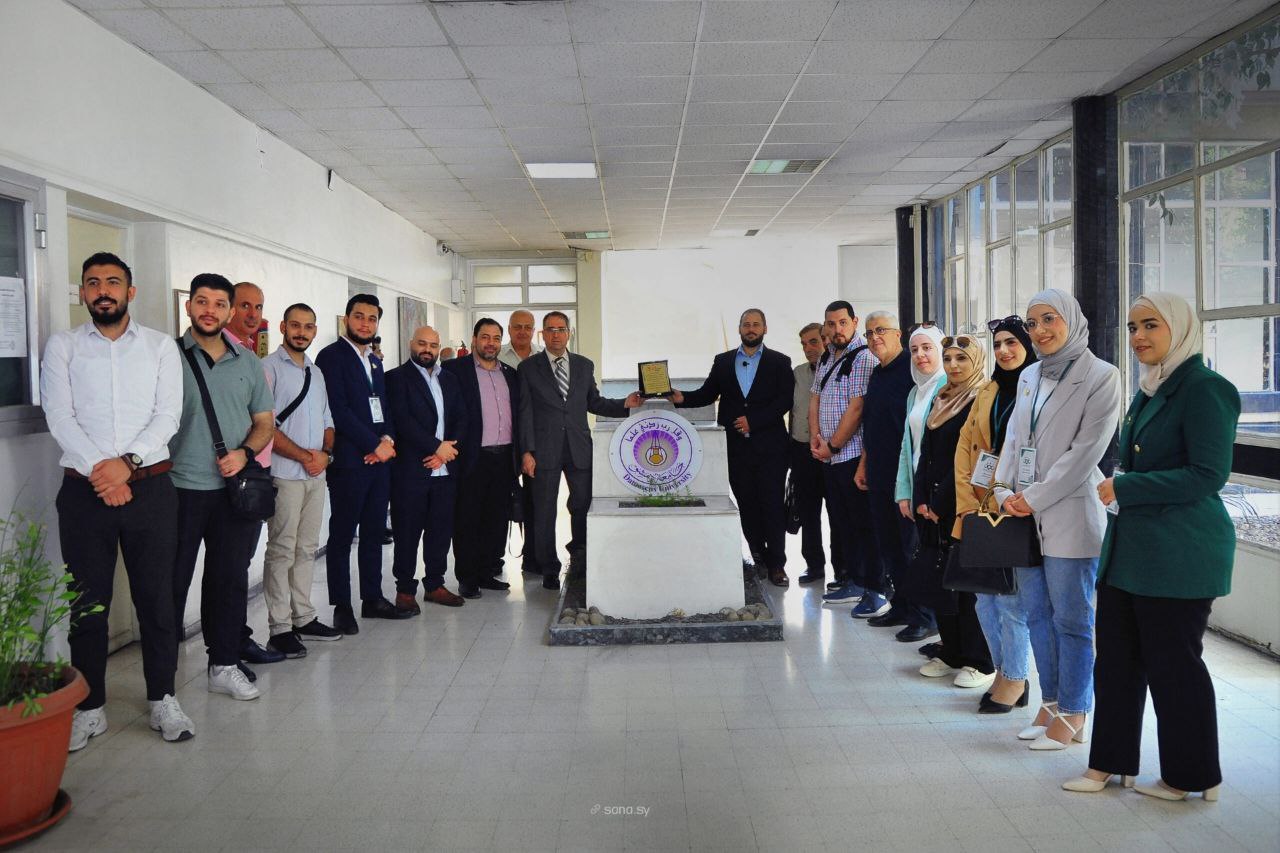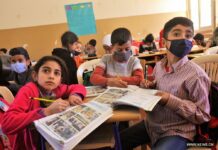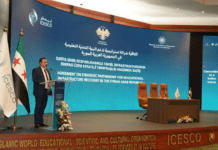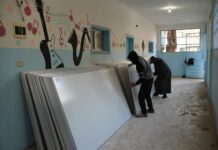 In an effort to overcome years of academic isolation, the volunteer initiative, “Keys to Knowledge” has opened its first office in Syria, located within the Faculty of Mechanical and Electrical Engineering at the University of Damascus. Led by over 250 Syrian volunteers around the world, the initiative serves as a bridge linking Syrian experts abroad with their counterparts at home, with the goal of helping build a modern higher education system aligned with international standards.
In an effort to overcome years of academic isolation, the volunteer initiative, “Keys to Knowledge” has opened its first office in Syria, located within the Faculty of Mechanical and Electrical Engineering at the University of Damascus. Led by over 250 Syrian volunteers around the world, the initiative serves as a bridge linking Syrian experts abroad with their counterparts at home, with the goal of helping build a modern higher education system aligned with international standards.
Laying a Foundation and Advancing Higher Education
The initiative’s mission extends beyond establishing an office. Its objectives include strengthening academic partnerships, facilitating cooperation between universities, and developing curricula that reflect the latest scientific and technological advancements. It also seeks to support student exchange programs, promote joint research projects, and build lasting communication channels between Syrian academics and global universities.
Dr. Muhallab al-Daoud, dean of the Faculty of Mechanical and Electrical Engineering, described the new office as both a “bridge and a fruit of cooperation,” calling it “a step toward breaking the ice” with European universities. He emphasized that it will serve as a foundation for future collaboration, including student exchanges, joint graduate projects, and postgraduate studies. Daoud praised Syrian students abroad as “ambassadors” with a strong and positive influence on the country’s academic image.
Turning Vision into Action
Wissam al-Sheikh, a member of the initiative’s board of directors, outlined the concrete steps being taken to move from planning to implementation. The office will provide computers and projectors to allow students to attend live lectures delivered by academics from European universities. Plans are also underway to establish an information center for storing scientific content and to sign cooperation agreements with Idlib University and Al-Hamak College.
Dr. Samer Hussam al-Din from the faculty highlighted the initiative’s strategic role in narrowing the scientific and technological gap between Syria and the rest of the world. He noted that Keys to Knowledge contributes to curriculum development, training programs for students and faculty, and university twinning projects promoting sustainable academic exchange and modernization.
The Keys to Knowledge initiative stands as an inspiring example of purposeful volunteerism, channeling the talent and expertise of Syrian youth abroad into practical efforts to strengthen higher education at home. More than just an office, it represents a message of hope—and the beginning of Syria’s renewed connection to the global academic and research community.








